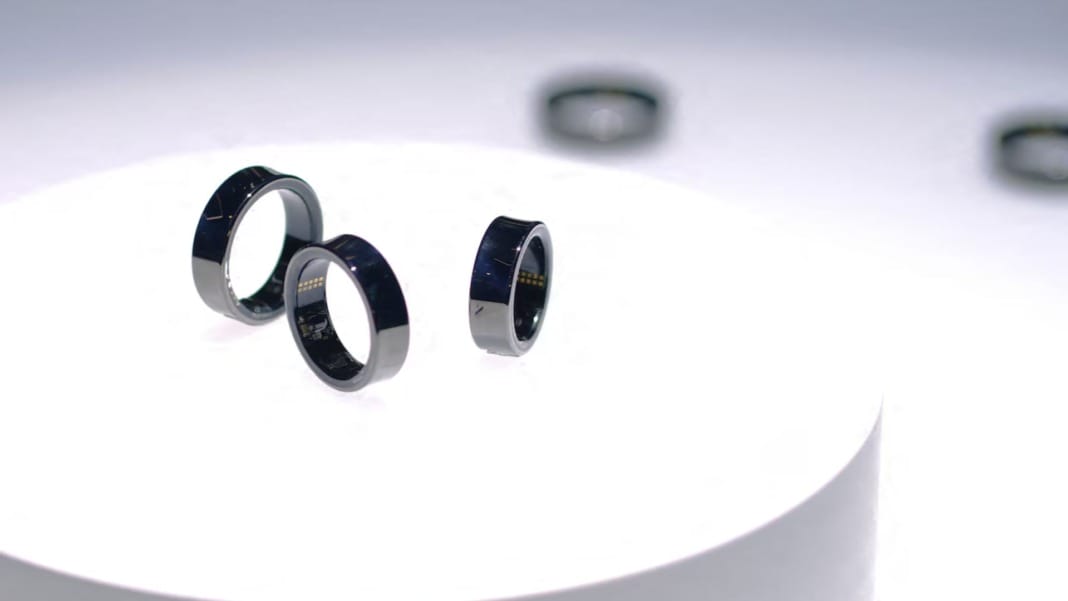Last month, Samsung made waves in the tech world when it unveiled the Galaxy Ring at its Unpacked event in Paris. This new addition to Samsung’s wearable lineup is designed to monitor your health, sleep, energy levels, and more, packed into a sleek, ring-shaped device. However, recent findings from iFixit, a site known for its expert teardowns and repair guides, have revealed a significant downside to this innovative product: it’s a disposable device.
The Galaxy Ring teardown reveals a design flaw
If you’re interested in the technical details, iFixit recently conducted a teardown of the Galaxy Ring to see how it was built and whether it could be repaired. What they discovered was disappointing for those who value sustainability. The teardown revealed that there is no way to open the Galaxy Ring without destroying it. This means that once the battery reaches the end of its lifespan, the entire device is rendered useless and must be thrown away.
A lithium-ion battery, a common power source in many modern gadgets, powers the Galaxy Ring. However, like all batteries, it has a limited lifespan. iFixit estimates that the Galaxy Ring’s battery could last around five years, assuming it is charged once a week and the battery can handle approximately 300 charge cycles. Five years seems like a reasonable lifespan, but the inability to replace the battery without destroying the device adds to the growing issue of electronic waste.
Comparing e-waste concerns: Galaxy Ring vs. TWS earbuds
The e-waste problem is common, and the Galaxy Ring is far from the only culprit. True Wireless Stereo (TWS) earbuds, which have become extremely popular in recent years, also contribute significantly to electronic waste. Like the Galaxy Ring, most earbuds are not designed to be repaired. They, too, have a limited lifespan due to their small batteries, which typically only last about five hours per charge. Given that TWS earbuds often see more intensive daily use, their batteries tend to wear out faster, usually within a year or so.
If you compare the two devices, the Galaxy Ring is less wasteful than earbuds, given its longer battery life and less frequent charging needs. However, this does not negate the fact that both types of devices contribute to a more significant environmental problem. With the rise in popularity of wearable technology and other small electronic devices, the issue of e-waste will only grow unless manufacturers start considering more sustainable designs.
The future of wearables and sustainability
As consumers, you should be aware of your devices’ environmental impact. While Samsung’s Galaxy Ring offers advanced health monitoring features, its design raises important questions about the sustainability of such devices. The same goes for other small electronics, like earbuds, which are equally difficult to repair or recycle.
Companies like Samsung need to start considering the entire lifecycle of their products, from production to disposal. Whether through offering battery replacement services, designing more durable products, or even creating devices that can be easily disassembled for recycling, there are ways to mitigate the impact of e-waste.
For now, if you’re in the market for a Galaxy Ring or similar wearable tech, it’s important to consider the benefits and potential environmental costs. The hope is that as awareness grows, so will the push for more sustainable tech solutions.





